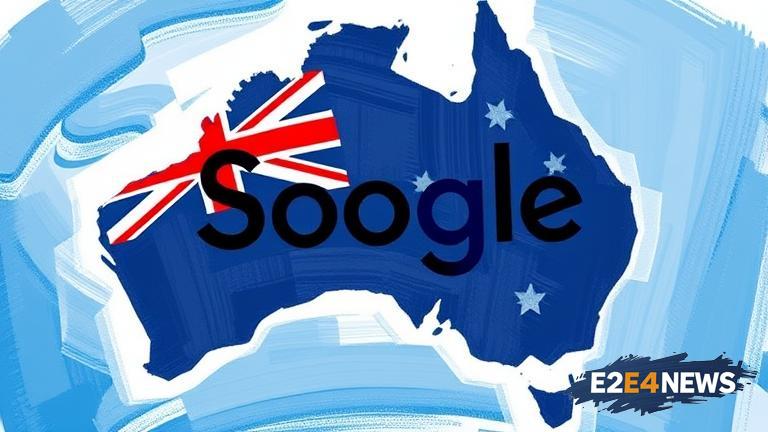In a move that has sparked intense debate, the Australian government has passed a motion against search engine age checks, a decision that could have far-reaching implications for online freedom and censorship. The motion, which was passed with bipartisan support, aims to prevent search engines from implementing age verification checks on their users. Proponents of the motion argue that such checks would be an overreach of government power and would infringe upon the rights of citizens to access information online. On the other hand, critics argue that the motion could lead to an increase in online harm, particularly for children and vulnerable individuals. The Australian government has stated that it will work with search engines to develop alternative solutions to protect users, but the details of these solutions are yet to be announced. The passage of the motion has been met with concern from civil liberties groups, who argue that it could set a precedent for further censorship and control of the internet. The issue of online age verification has been a contentious one, with many arguing that it is necessary to protect children from online harm, while others argue that it is an invasion of privacy and a threat to online freedom. The Australian government’s decision has been seen as a victory for those who argue that the internet should be a free and open space, but it has also raised concerns about the potential consequences of unchecked online activity. As the debate over online age verification continues, it is clear that the issue is complex and multifaceted, and that any solution will require a careful balancing of competing interests. The Australian government’s decision has sparked a wider conversation about the role of government in regulating the internet, and the need for a nuanced approach that takes into account the complexities of online activity. The motion has also raised questions about the responsibility of search engines to protect their users, and the extent to which they should be required to implement age verification checks. While the Australian government has stated that it will work with search engines to develop alternative solutions, it is unclear what these solutions will look like, or how they will be implemented. The passage of the motion has been seen as a significant development in the ongoing debate over online freedom and censorship, and it is likely to have implications for internet users around the world. As the internet continues to evolve and play an increasingly important role in modern life, it is clear that the issue of online age verification will remain a contentious one. The Australian government’s decision has highlighted the need for a careful and nuanced approach to regulating the internet, one that takes into account the complexities of online activity and the need to balance competing interests. The motion has also raised questions about the role of government in protecting citizens from online harm, and the extent to which it should be involved in regulating the internet. While the Australian government has stated that it will work to protect citizens from online harm, it is unclear how it will achieve this goal, or what measures it will take to address the concerns of critics. The passage of the motion has been met with a mixture of praise and criticism, with some arguing that it is a victory for online freedom, while others argue that it is a threat to public safety. As the debate over online age verification continues, it is clear that the issue is complex and multifaceted, and that any solution will require a careful balancing of competing interests. The Australian government’s decision has sparked a wider conversation about the role of government in regulating the internet, and the need for a nuanced approach that takes into account the complexities of online activity. The motion has also raised questions about the responsibility of search engines to protect their users, and the extent to which they should be required to implement age verification checks. In conclusion, the Australian government’s decision to pass a motion against search engine age checks has sparked a significant debate about online freedom and censorship, and has raised important questions about the role of government in regulating the internet. As the issue continues to evolve, it is clear that a careful and nuanced approach will be necessary to balance competing interests and ensure that the internet remains a free and open space.
